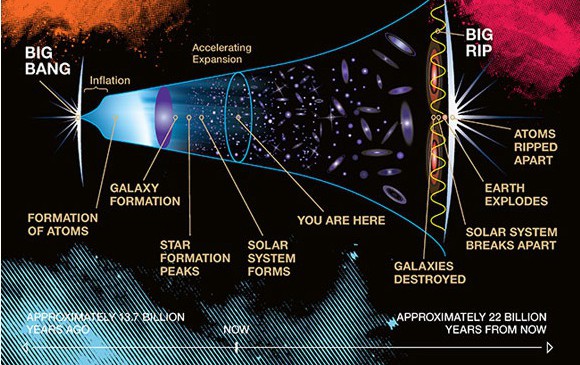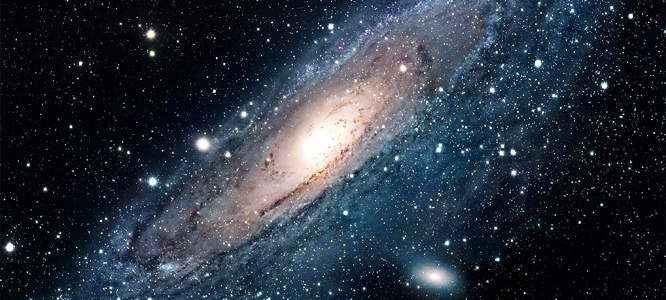(1) Positive Statement
What are you most proud of in your block presentation and/or your senior project? Why?
The thing that I was most proud of in my senior presentation was my activity. I did Jeopardy, and I didn't realize when I was first creating it, how engaged the entire class would be. It felt amazing knowing that everyone was involved and wanted to win.
(2) Questions to Consider
a. What assessment would you give yourself on your block presentation? Use the component contract to defend that assessment.
P
What are you most proud of in your block presentation and/or your senior project? Why?
The thing that I was most proud of in my senior presentation was my activity. I did Jeopardy, and I didn't realize when I was first creating it, how engaged the entire class would be. It felt amazing knowing that everyone was involved and wanted to win.
(2) Questions to Consider
a. What assessment would you give yourself on your block presentation? Use the component contract to defend that assessment.
P
The reason why I think I deserve this grade is because I felt like I did what was required for this lesson.
b. What assessment would you give yourself on your overall senior project? Use the component contract to defend that assessment.
P
b. What assessment would you give yourself on your overall senior project? Use the component contract to defend that assessment.
P
The reason why I think I deserve a P is because I just did the what was needed for this project. I didn't do anything extra nor did I slack off on important assignments.
(3) What worked for you in your senior project?
What worked well was the fact that I was able to gain so much knowledge from my mentor about the universe. I don't think I could have done it without him, and I am so very grateful.
(4) (What didn't work) If you had a time machine, what would you have done differently to improve your senior project?
One thing that I wished I could have done was take an astronomy class at Cal Poly. I would have an easier time finding research on my topic.
(5) Finding Value
How has the senior project been helpful to you in your future endeavors? Be specific and use examples.
The senior project helped me realize that I don't want to make astronomy my career choice. Astronomy is very tedious. Usually you work alone in a lab for years just trying to figure out something in space. It can be long and frustrating which is something I definitely don't want to deal with.











